
Mr. Nguyen Truong Giang - Deputy Chairman of the Law Committee: If 5% VAT is applied to fertilizers, it will be a burden for agricultural producers - Photo: NATIONAL ASSEMBLY PRESS CENTER
This is the content that many National Assembly deputies focused on giving opinions at the conference of full-time National Assembly deputies when discussing the draft revised Law on Value Added Tax (VAT) held on the morning of August 29.
According to the report on acceptance of the National Assembly Standing Committee, two options were presented for comments. Accordingly, option 1 is that fertilizer will be subject to 5% VAT.
Option 2, maintain current regulations, according to which fertilizer is an item not subject to VAT.
According to the program, the draft revised VAT Law will be approved by the National Assembly at the session taking place at the end of this year.
Applying 5% VAT on fertilizers will certainly increase selling prices.
Speaking at the conference, delegate Duong Khac Mai (Thanh Hoa) said that if fertilizers were subject to VAT at a rate of 5%, it would be possible to resolve the problem of VAT refunds for businesses, but it would certainly increase fertilizer prices. This would impact agricultural production and farmers' lives.
Therefore, delegate Mai proposed to maintain the current regulation that fertilizers are not subject to VAT.
Sharing the same proposal to maintain the current regulations on VAT policy for fertilizers, delegate Nguyen Thanh Nam (Phu Tho) recommended that if VAT on fertilizers is applied at a rate of 5%, it will increase fertilizer prices.
Delegate Nguyen Truong Giang, vice chairman of the National Assembly’s Law Committee, also agreed with the option of not imposing VAT on fertilizers as in the draft law. If a 5% VAT is imposed on fertilizers, it will be a burden on agricultural producers, increasing the cost of output products.
Propose that the drafting committee re-evaluate the impact of the 5% tax increase plan
At the same time, citing the impact assessment report of the drafting agency, according to Mr. Giang, in the period of 2015-2022, if VAT on fertilizers is deducted, businesses will receive a tax refund of 1,500 billion VND; if the tax rate is 5%, the budget will collect about 5,700 billion VND.
"Thus, the state budget collected about 4,200 billion VND. This is an indirect tax but is directly levied on consumers. So if we argue that a 5% tax will help reduce selling prices, it is unreasonable and unconvincing. Because cost price and selling price are different" - Mr. Giang analyzed.
On the other hand, Mr. Giang suggested that the drafting agency re-evaluate the annual tax refund of 1,500 billion VND for fertilizer enterprises.
Because according to this delegate, if the tax rate is 5%, all the tax rate will be refunded to businesses. The state budget will not collect 4,200 billion VND.
"The drafting committee needs to make the most accurate assessment of the entire period, especially in 2023, about how much businesses will be refunded if the tax rate is 5%, how much the budget will collect, and how much people will directly pay the 5% tax?
Recently, to restore the economy, production and business activities and support consumers, the National Assembly has had a policy of reducing 2% VAT on some groups of goods and services.
"A 5% tax on fertilizers to reduce selling prices is not convincing to me," the deputy head of the National Assembly's Law Committee emphasized.
Delegate Trinh Xuan An (Dong Nai) said that the VAT Law is a law that affects everyone, every household, and has a huge impact on society. Therefore, Vietnam needs a modern, objective VAT that is true to the nature of this tax.
Regarding the proposal to impose a 5% tax on fertilizers, an agriculturally developed country like Vietnam needs a decent and dignified domestic fertilizer industry that is not dependent on imported products. If the domestic fertilizer industry develops, the country's agriculture and its people will benefit.
VAT tax threshold for small businesses: proposed 200 million
At this conference, delegate Trinh Xuan An (Dong Nai) Proposal to increase the taxable revenue threshold for households and individuals doing business to 200 million VND, which is double the current regulation.
At the same time, the National Assembly delegated the authority to adjust the taxable revenue threshold to the National Assembly Standing Committee when the consumer price index fluctuates. In addition to the consumer price index, the taxable revenue threshold must also be linked to the family level.
Delegate Mai Van Hai (Thanh Hoa) also said that with the plan to increase the VAT taxable revenue for households and individuals doing business to 200 million or 300 million VND, according to the Ministry of Finance's calculations, it is expected to reduce the budget revenue by about 2,630 billion VND with the threshold of 200 million VND, or 6,383 billion VND with the threshold of 300 million VND. This reduction is not large. However, the drafters of the bill need to further evaluate other socio-economic aspects.
Source: https://tuoitre.vn/taxation-with-fertilizer-5-se-lam-tang-ganh-nang-cho-nong-dan-20240829120334912.htm



![[Photo] Bustling construction at key national traffic construction sites](https://vphoto.vietnam.vn/thumb/1200x675/vietnam/resource/IMAGE/2025/5/2/a99d56a8d6774aeab19bfccd372dc3e9)

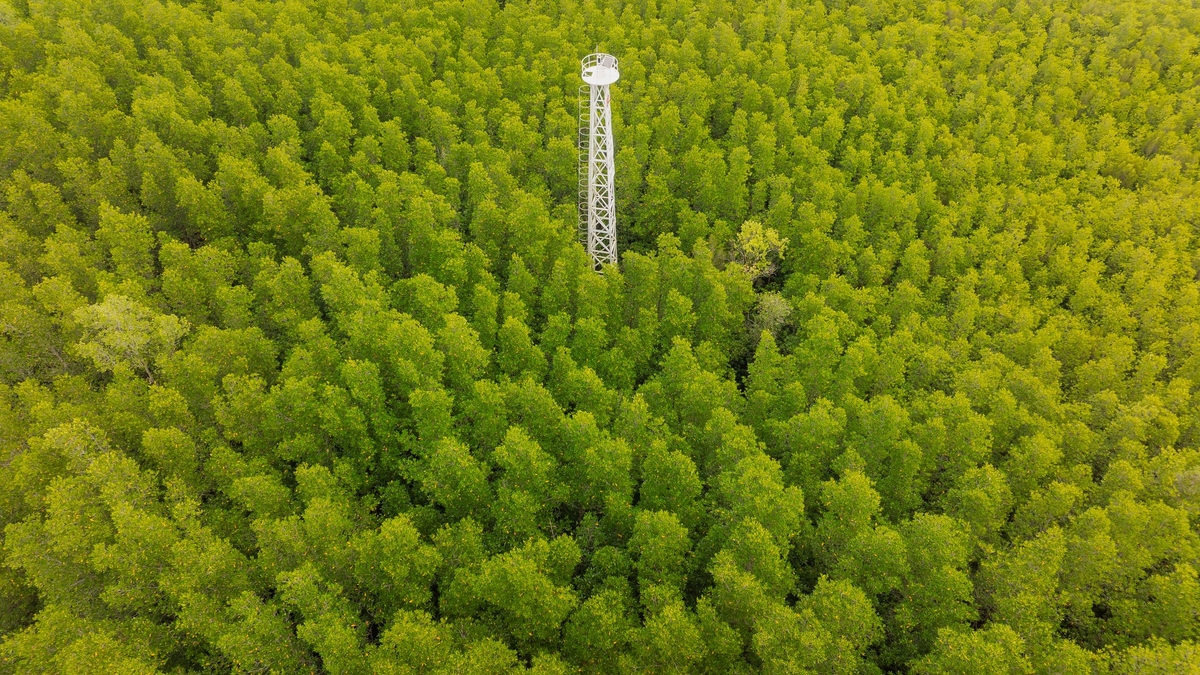






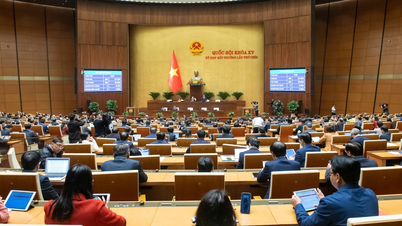





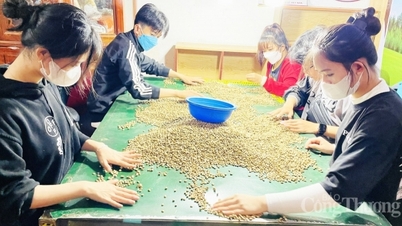
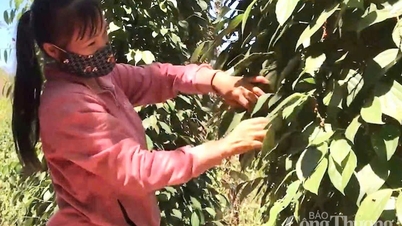












![[Photo] Binh Thuan organizes many special festivals on the occasion of April 30 and May 1](https://vphoto.vietnam.vn/thumb/1200x675/vietnam/resource/IMAGE/2025/5/1/5180af1d979642468ef6a3a9755d8d51)

![[Photo] "Lovely" moments on the 30/4 holiday](https://vphoto.vietnam.vn/thumb/1200x675/vietnam/resource/IMAGE/2025/5/1/26d5d698f36b498287397db9e2f9d16c)























































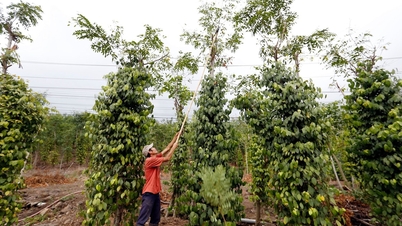




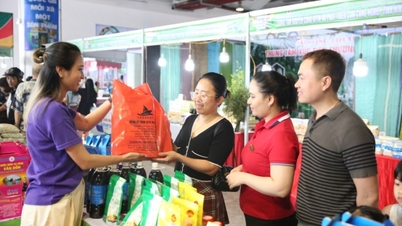



Comment (0)